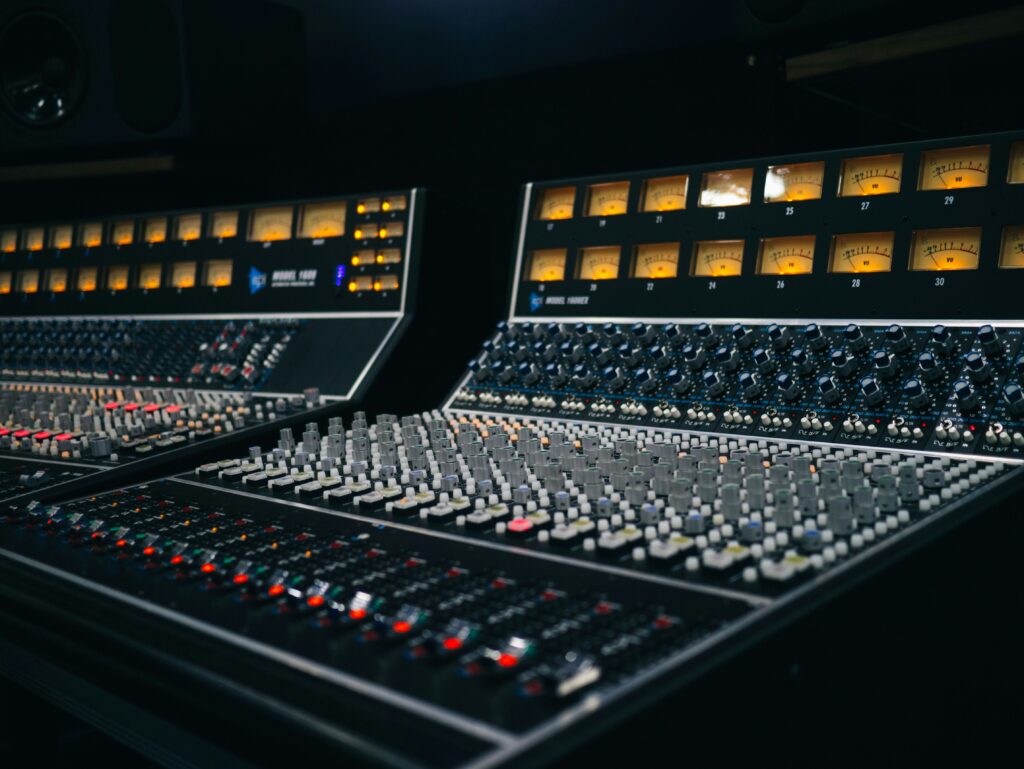When it comes to music production, the process of mixing and mastering plays a crucial role in achieving a professional and polished sound. However, even the most skilled producers can make mistakes when preparing their mixes for mastering. In this article, we will explore the five most common mistakes to avoid when preparing your mixes for the mastering stage. By understanding these pitfalls and implementing proper techniques, you can ensure that your music shines through and reaches its full potential.
Mistake Nr. 1 – Neglecting Proper Gain Staging
One of the most critical aspects of preparing mixes for mastering is ensuring proper gain staging throughout the production process. It is essential to maintain balanced levels and avoid excessive clipping or distortion. By paying attention to levels at each stage of the mix, from individual tracks to buses and the master bus, you can prevent unnecessary complications in the mastering stage.
Mistake Nr. 2 – Over-Processing and Lack of Dynamics
Another common mistake is over-processing individual tracks and the mix as a whole. Applying excessive compression, EQ, or other effects can result in a loss of dynamics and a flat overall sound. It is crucial to strike a balance between processing to enhance the mix and preserving the natural dynamics of the music. Maintaining a dynamic range allows the mastering engineer to work with the mix more effectively and achieve a more polished final result.


Mistake Nr. 3 – Insufficient Headroom
Leaving sufficient headroom in your mix is crucial for the mastering process. Headroom refers to the space between the highest peak in the mix and 0dBFS (the maximum level). By leaving enough headroom, typically around -6dB to -3dB, you provide the mastering engineer with the necessary space to apply processing and make necessary adjustments without introducing unwanted clipping or distortion.
Mistake Nr. 4 – Poorly Treated Low-End Frequencies
The low-end frequencies, such as bass and kick drums, are the foundation of any track. It is crucial to pay special attention to these frequencies and ensure they are well balanced and controlled. Common mistakes include an overly boomy or muddy low-end, excessive bass levels, or conflicting frequencies between the kick and bass. By addressing these issues during the mix phase, you can create a solid foundation for the mastering engineer to work with.
Mistake Nr. 5 – Lack of Reference Checks
Lastly, failing to reference your mix on various playback systems and in different environments can lead to subpar results in the mastering stage. Your mix may sound great in your studio, but it is essential to listen to it on different speakers, headphones, and even car stereos to ensure it translates well across various platforms. By conducting thorough reference checks, you can identify any issues with the mix and make necessary adjustments before sending it for mastering.
Conclusion
Avoiding these five common mistakes when preparing your mixes for mastering can significantly enhance the final result of your music. By focusing on proper gain staging, maintaining dynamics, leaving sufficient headroom, treating low-end frequencies with care, and conducting thorough reference checks, you set a solid foundation for the mastering engineer to work their magic. Remember, the goal is to deliver a mix that captures the essence of your music and allows it to shine through in its full glory.